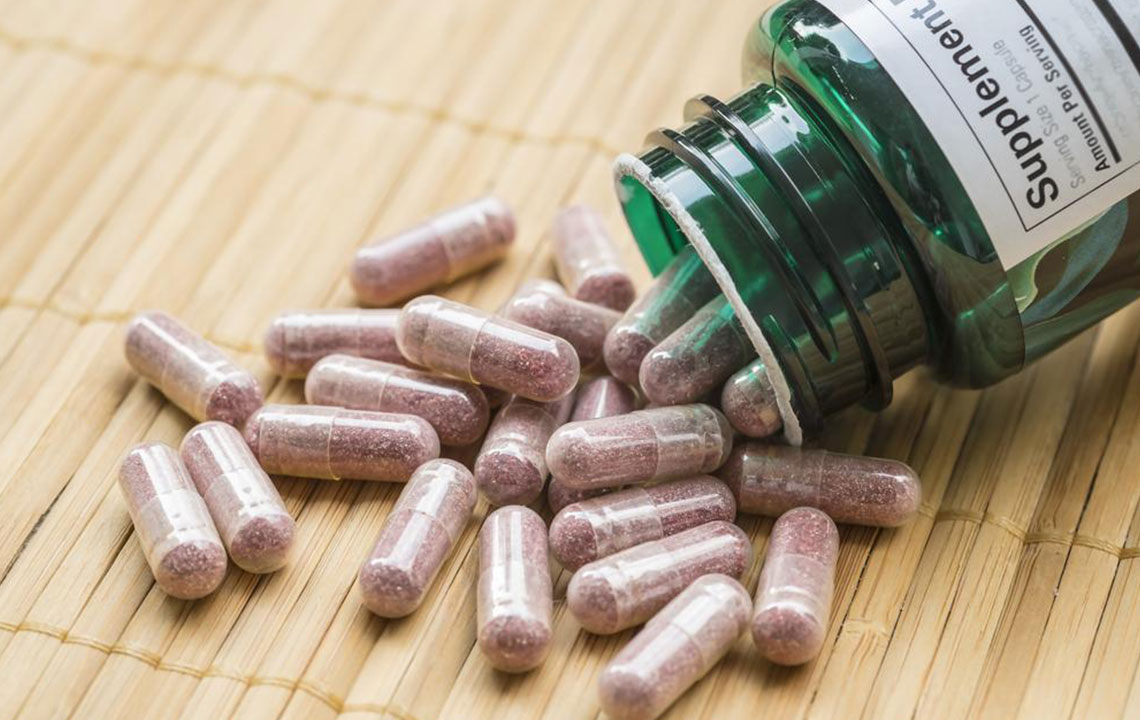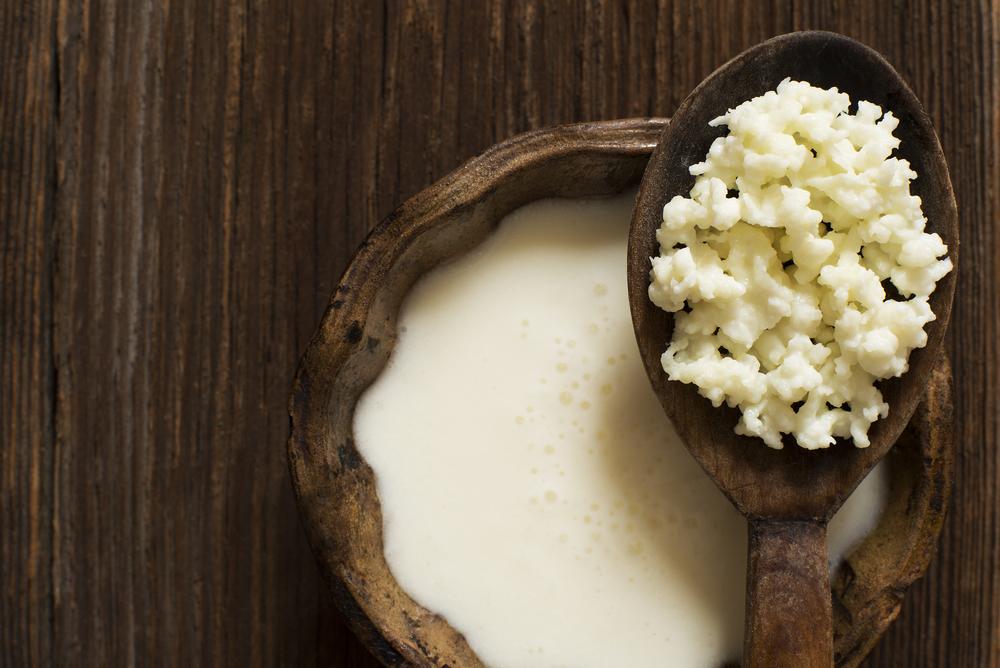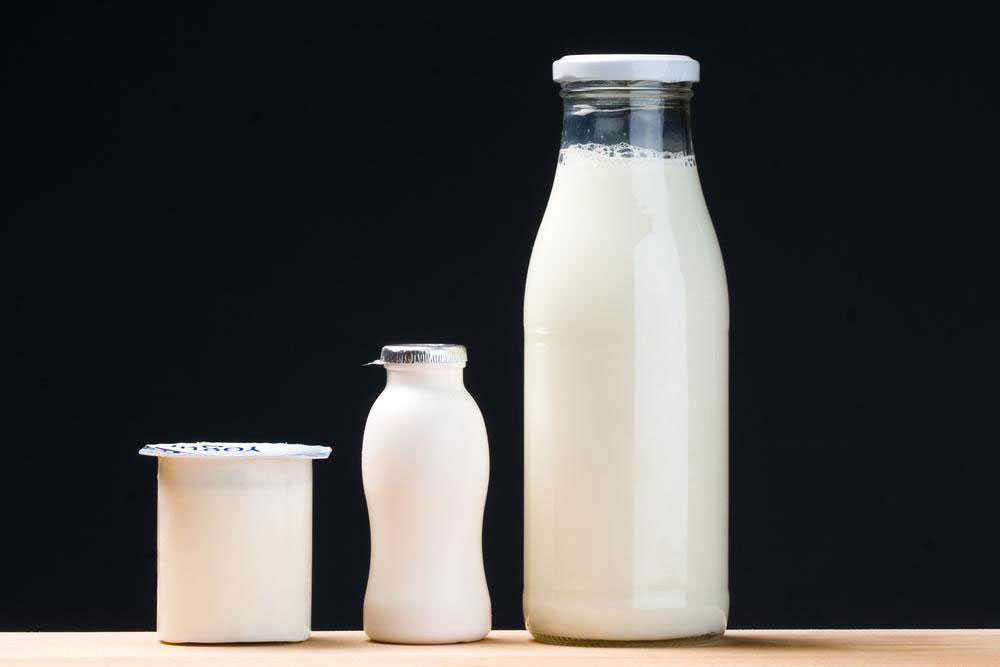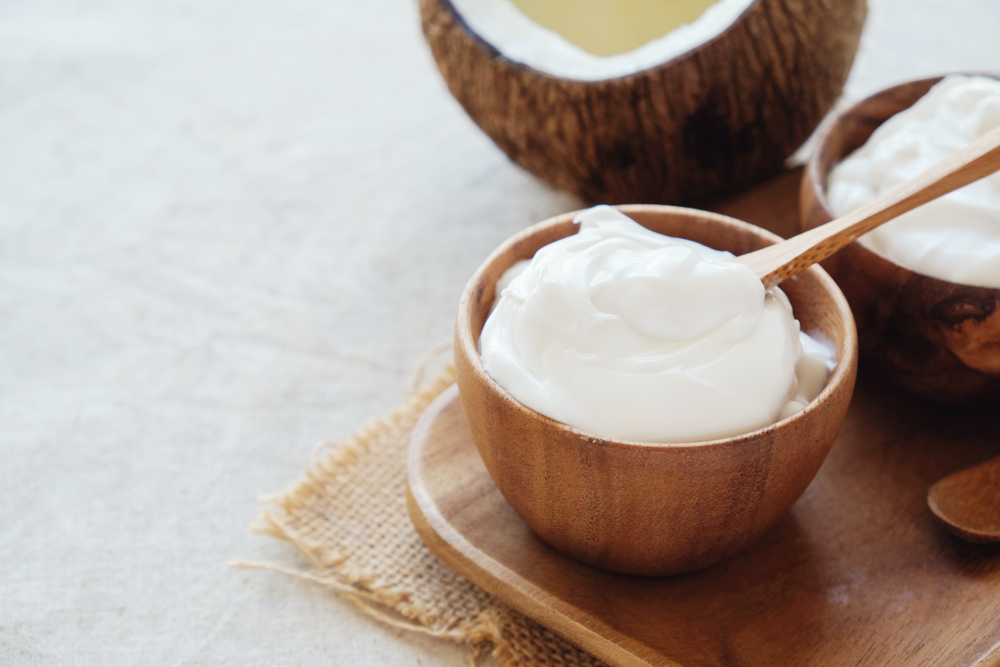Top Health Advantages of Incorporating Probiotics into Your Diet
Discover the numerous health benefits of probiotics, including improved digestion, boosted immunity, weight management, and women’s health. Learn about probiotic-rich foods like yogurt, kimchi, kefir, and more. Incorporating probiotics can enhance overall wellness, but consult a healthcare professional before starting supplements. A balanced diet with natural probiotic sources supports a healthier gut and immune system, contributing to improved quality of life.

Probiotics are beneficial live microorganisms that support overall health by maintaining a balanced gut microbiome. Our bodies naturally contain both good and bad bacteria, but adding probiotics can enhance digestive health and immune function. The two primary probiotic groups include:
Bifidobacterium – Found in certain dairy products, this bacteria helps alleviate various digestive discomforts.
Lactobacillus – Commonly present in fermented foods like yogurt, it is effective in regulating bowel movements and easing irregularities.
Regular consumption of probiotics offers numerous benefits, including:
Supporting weight management – They help promote satiety, prevent fat absorption, and aid in calorie burning, though not all strains contribute equally to weight loss.
Enhancing immune defenses – Probiotics boost antibody production and curb harmful bacteria growth, strengthening the immune response.
Improving digestion – They alleviate issues like bloating, constipation, and abdominal pain, especially for those with irregular bowel habits.
Promoting women’s health – Maintaining bacterial balance reduces risks of infections in the vagina, particularly important during pregnancy.
Preventing urinary tract infections – They help fend off bacteria entering the urinary tract and support healthy bacterial growth.
Reducing allergy symptoms – Probiotics can lessen allergy severity, notably in children and pregnant women, lowering the risk of allergy development.
Foods rich in probiotics include:
Pickles – Naturally fermented vegetables like cucumbers and carrots contain probiotics, unlike vinegar-based pickles.
Soy products – Fermented soy items are high in probiotics and popular in various cuisines.
Kefir – A fermented dairy drink packed with probiotics, offering benefits like improved bone health.
Kimchi – A Korean spicy fermented cabbage rich in vitamins and lactic acid bacteria for digestive health.
Buttermilk – The leftover liquid from butter-making, loaded with probiotics, widely consumed in countries like Nepal.
While natural probiotic foods are preferable, supplements are also available but should be used under medical guidance, especially for individuals with health conditions. Excessive intake may cause side effects such as stomach upset or allergic reactions. Incorporating probiotics into your diet can greatly support gut wellness and overall vitality.
Disclaimer: Our articles aim to provide helpful information based on research. However, they should not replace professional medical advice. The team is not responsible for information discrepancies or individual results, and special offers or schemes may vary.










